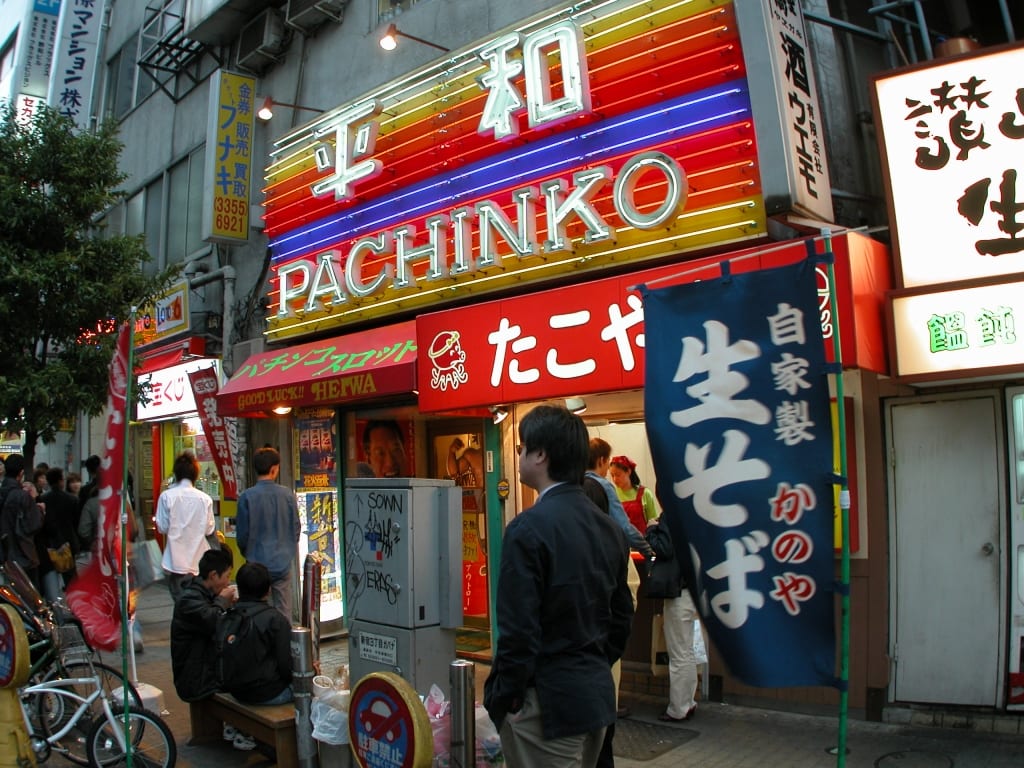Universal sales fall in 2020 as IR closure outweighs pachinko growth

Of that total, JPY61.79bn came from pachinko machine sales, up 19.7%.
Meanwhile JPY27.70bn came from the Okada Manila integrated resort, down 37.0%. A further JPY1.20bn was generated from other sources, including social and video gaming.
All of the Pachinko and other revenue came from Japan, where 139,152 machines were sold.
The drop in integrated resort revenue came as Okada Manila was closed from 15 March following an order from regulator Pagcor because of the novel coronavirus (Covid-19) pandemic. Operations resumed on 9 September, though the property remained subject to a 30% capacity limit.
After costs of sales of JPY40.78bn, Universal’s gross profit came to JPY50.01bn, down 22.7%.
However, Universal’s selling, general and administrative expenses declined to JPY47.54bn, leaving an operating profit of JPY2.56bn.
After non-operating income of JPY1.85bn, Universal made an loss of JPY9.35bn, 16.5% higher than in 2019.
This was made up mostly of profits from businesses in which Universal has a non-controlling share, and non-operating expenses of JPY13.66bn, including JPY10.17bn in interest.
Universal then incurred a further JPY10.50bn in extraordinary expenses, of which JPY9.17bn was related to the closure of the Okada Manila resort due to the pandemic.
This meant Universal’s pre-tax loss came to 19.74bn, up 113.1% year-on-year.
After a net of JPY517m income taxes, Universal’s net loss totalled CPY19.22bn, 270.0% more than it lost in 2019.
Looking forward, Universal said the future of both segments of its business was uncertain due to the effects of the novel coronavirus (Covid-19) pandemic.
The business announced it is planning to spin off and list its integrated resorts business in the US, though a combination with a special purpose acquisition company (SPAC).
Image: Tomas Cermak via Freeimages.com
